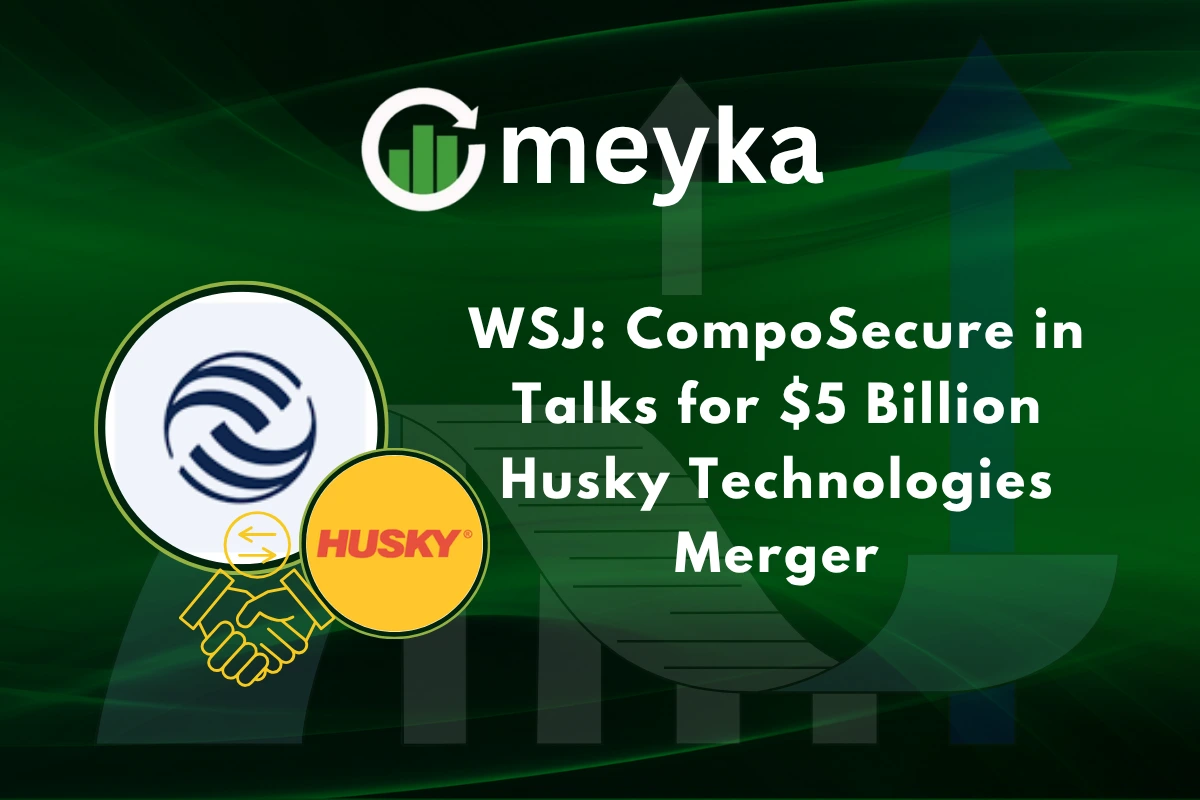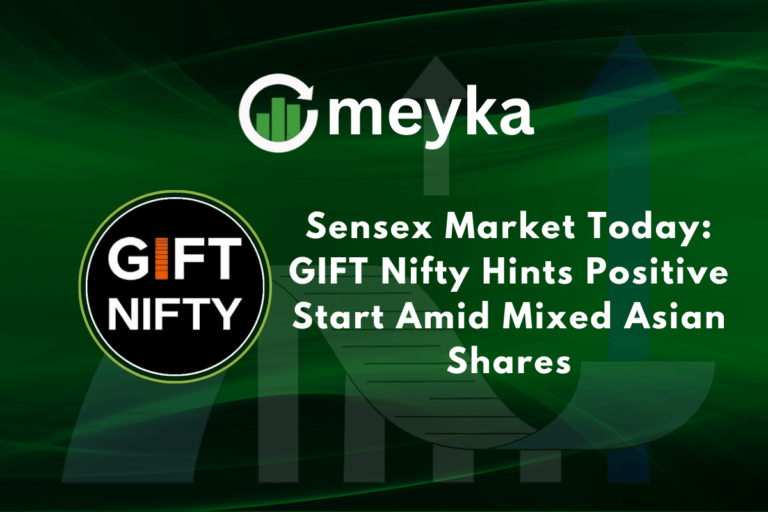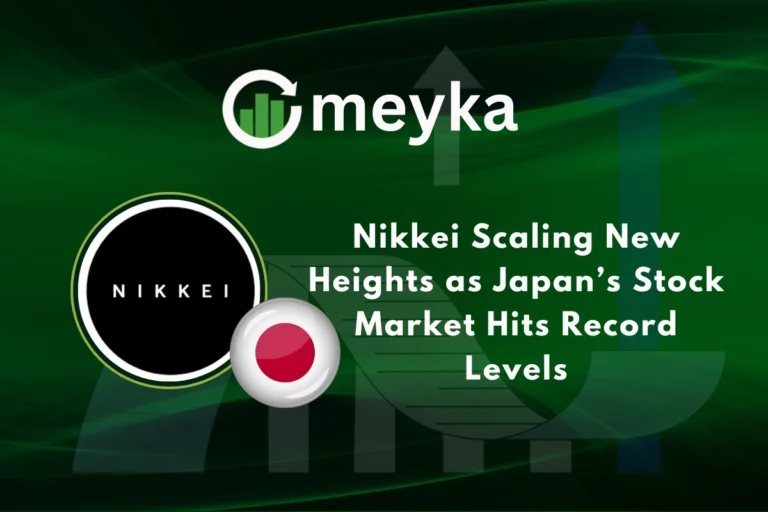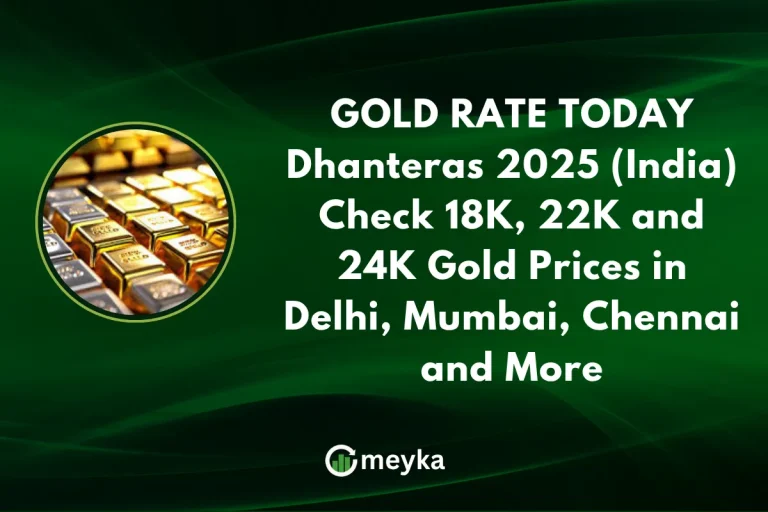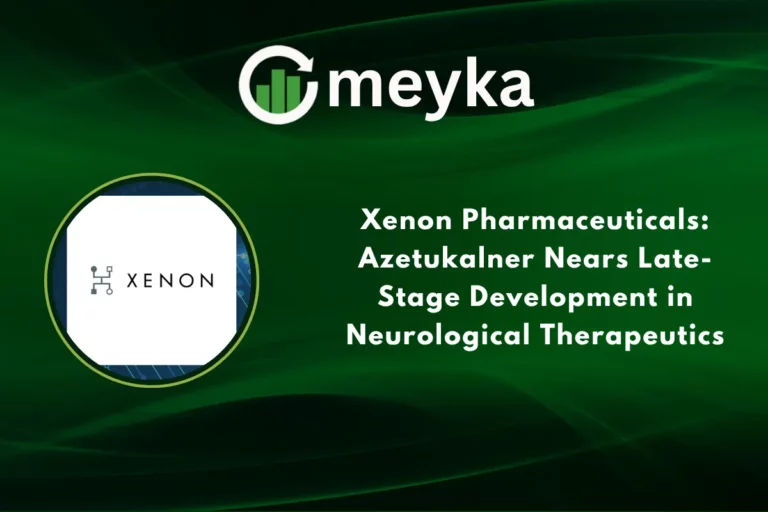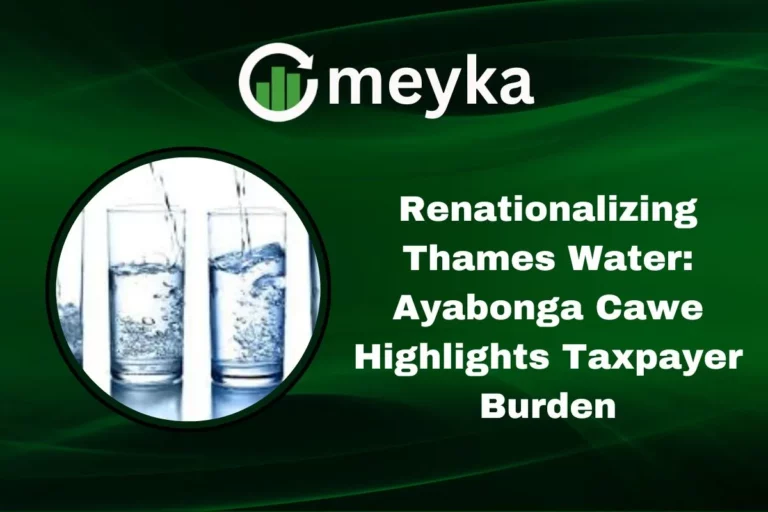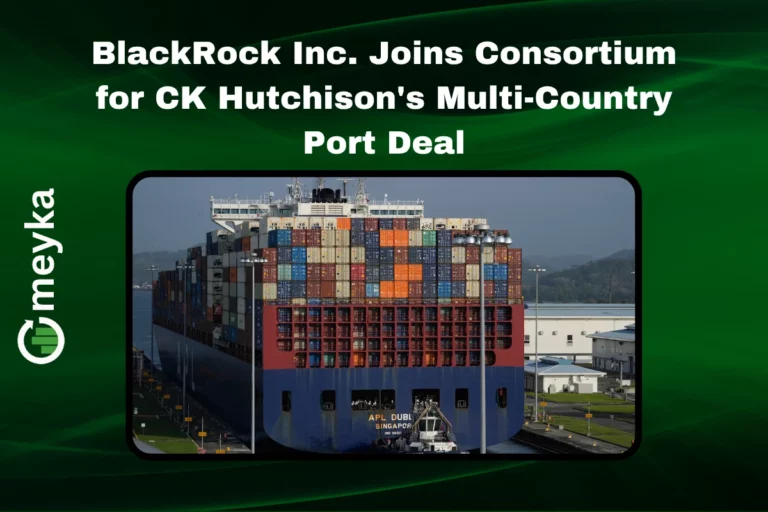WSJ: CompoSecure in Talks for $5 Billion Husky Technologies Merger
On November 3, 2025, CompoSecure announced it is in talks to acquire Husky Technologies for approximately US $5 billion, including debt. This bold move comes as CompoSecure shifts beyond its core business of metal payment cards. Husky, a global leader in injection-moulding machinery, will give CompoSecure a strong foothold in heavy manufacturing.
Continue Reading on Meyka
This article is available in full on our main platform. Get access to complete analysis, stock insights, and more.
Read Full Article →